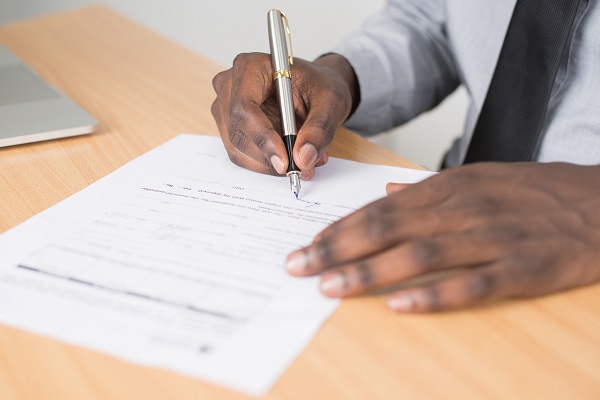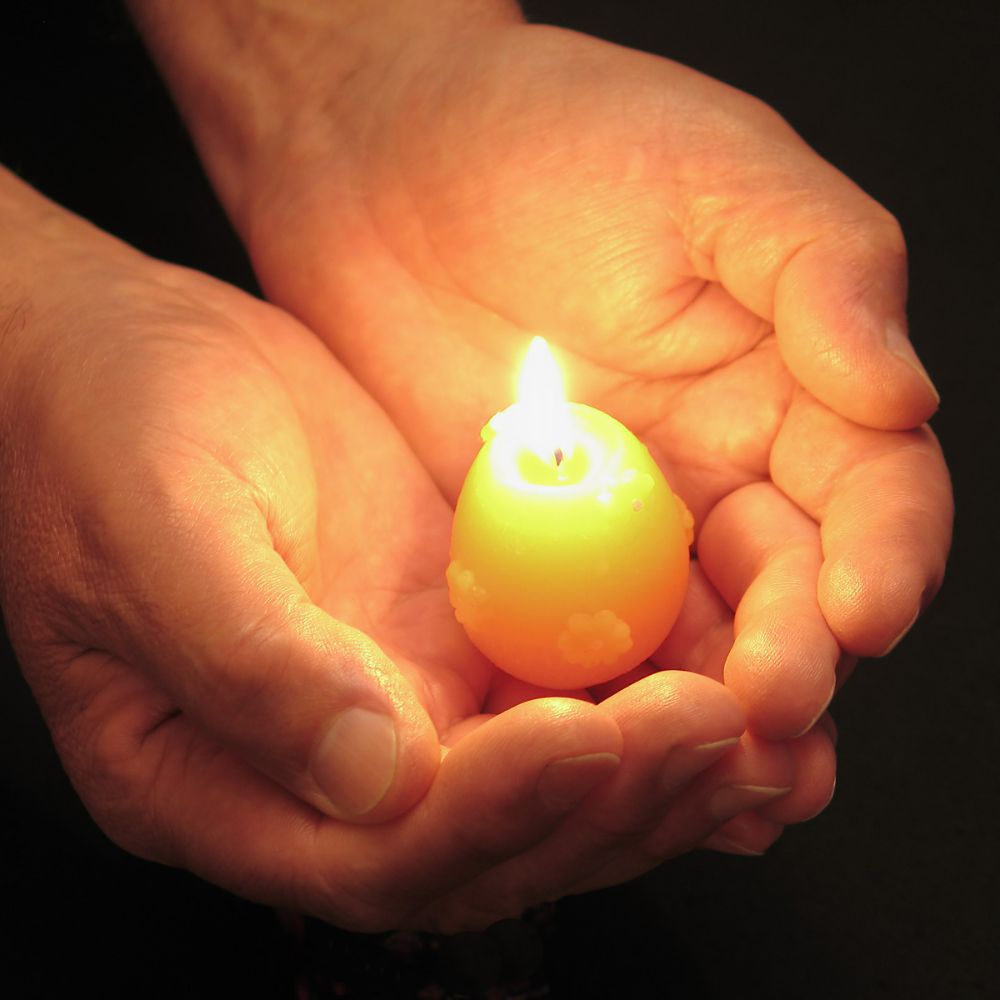All Articles & Guides / End of Life / Estate Executor Duties
Estate Executor Duties
What is an Executor of Estate?
An estate executor is a person responsible for handling an estate when named in a deceased’s will. An executor can be a spouse or family member, or a trustworthy friend. It can be both an honor and a huge responsibility to be named an estate executor.
How to Become Executor of Estate
The term “executor” is technically only used when a person is named in a will. If the deceased hasn’t selected an executor in their will, you can still take on the role and become appointed by the court. You’ll need to complete a petition for administration at the local probate court and pay a filling fee. Once approved, your role will remain the same but the court will refer to you as an administrator or representative. Read more on how to file for executor of estate without a will.
Can There Be Two Executors of an Estate?
Yes, there can be two executors of an estate named in your will, termed co-executors. Co-executors will need to collaborate and act on all matters together, including going to court and signing paperwork. If you have a very large estate with different types of assets, it may be easier to name co-executors to distribute the burden. Co-executors should be carefully selected since differing opinions can cause problems and lead to disagreements and confusion over your assets.
Let’s break down the details and responsibilities of an estate executor.

Estate Executor Duties
An estate executor should have access to the deceased’s important paperwork, including account statements, certificates, insurance policies, deeds and titles and will then begin the probate process. Depending on the complexity of the estate, the executor faces a 12 to 18 month commitment. During that time, they will have extensive dealings with the courts, the beneficiaries, heirs, accountants, and appraisers. If minor children are included among the heirs, the executor may remain involved with the estate for several years as manager of the children’s money. Estate executor duties tend to fall in the following order:
- Submitting the decedent’s will and testament for review along with a death certificate (first make at least 10 certified copies for future use) to the local probate court. Regardless of whether the will doesn’t go through the probate process, this is a necessary first step. An example of a situation where this wouldn’t go through the probate process is if everything is being passed along to a surviving spouse.
- Court will notify the executor of the will and beneficiaries. If there is not a Last Will, the decedent’s legal heirs will be required to open the probate estate. All beneficiaries will need to be notified, even if investigators are needed since assets cannot be distributed until all heirs and beneficiaries are located.
- Once probate estate has been opened with probate court, an inventory and appraisal will be done to value the decedent’s assets. Payable-on-death accounts (bank accounts, pensions, life insurance, 401ks) will transfer directly to named beneficiaries.
- Another matter that can be a lengthy estate executor duty is to notify others, beyond friends and family, of a death. Reaching out to insurance companies, the Social Security Administration, post office, employers, business partners, and open accounts can be a time-consuming ordeal but will be a necessary task.
- During the probate process the executor will be responsible for expenses. It is not advised to use your own account. Unless you are the spouse of the deceased, you are not responsible for payment of the deceased’s personal bills. Expenses will include debts, taxes, funeral expenses, and fees so the best option is to open an estate bank account. To do this you’ll need to open a bank account in the name of the estate and you’ll need a death certificate as well as the letters testamentary.
- Once an estate bank account is open, the executor will need to pay creditors or dispute outstanding bills. Beneficiaries are not responsible for outstanding debt, unless they cosigned, and will not need to pay off these bills. Executors will need to file and pay an income tax return for the testator and pay any federal estate taxes, if they apply.
- Only once debts and taxes are paid will assets be distributed. An estate executor should not distribute assets, not even small personal belongings, until everything is paid since they can be held accountable for insufficient assets. Some states will directly prohibit distributing assets without court approval.
If these tasks sound daunting, there are professionals who can help. The probate county clerk can assist with basic estates if you are the main beneficiary. If estates and assets are complicated, involve minors, or multiple heirs, it would be in your best interest to hire an estate or probate attorney. Don’t worry, you won’t need to pay for an attorney out of pocket. Payment for an attorney will come from the estate bank account you’ve set up. If you are the spouse of the deceased and the main beneficiary, you will essentially be paying for the help of an attorney, but you may be able to settle matters without one. You’ll have to complete and file a lot of paperwork, but the probate court clerk can assist you, and you can also enlist the help of a trusted friend.

Does an Executor of Estate Get Paid?
For all their responsibility, the executor does receive payment – typically around three percent of the estate’s value, depending on state law. If end of life planning was possible, then the deceased might have dictated payment for their chosen estate executor in their will. If the estate executor is a beneficiary, they can choose to pass on their executor compensation. An estate executor can receive payments as soon as all debts and taxes are paid but executor fees are a taxable income.
Is an executor of an estate necessary?
There is no legal requirement to name an executor or file probate documents. However, probate is necessary in order to legally transfer the titles of any of the deceased’s assets to someone else’s name. There are ways around going to probate, but they require careful pre-planning. A few options would be to
- Obtain joint ownership of property, accounts, and vehicles but be clear on rights of survivorship that guarantee that if one owner passes away, assets transfer to the survivor
- Select beneficiaries on insurance, pensions, etc., and create “payable on death” bank accounts
- Consider a revocable living trust
Although estate executor duties carry large responsibility and can be a lengthy process, it is also an honor and a way to pay your respects to a deceased loved one. Are you the named executor to someone’s estate? Have they prepared for their funeral ahead of time? There are many legal resources to help you navigate the probate process and distribute assets and we hope our guide has helped shed some light on how to prepare for your estate executor duties. If you require specific urns or memorials to be shared with their closest family and friends, Perfect Memorials can help. We also offer custom engraving on urns, plaques, pendants, and more.
Related Content





